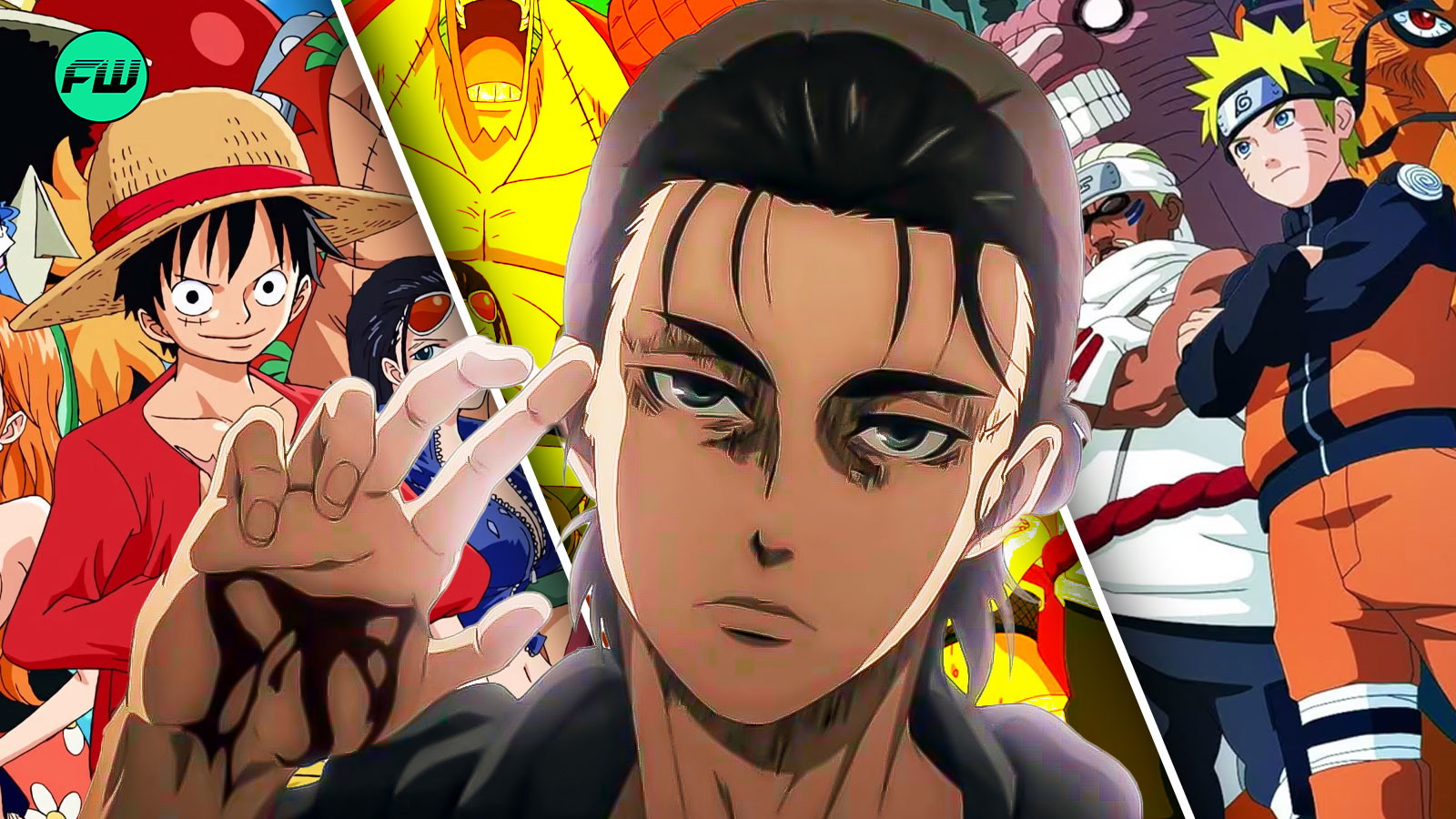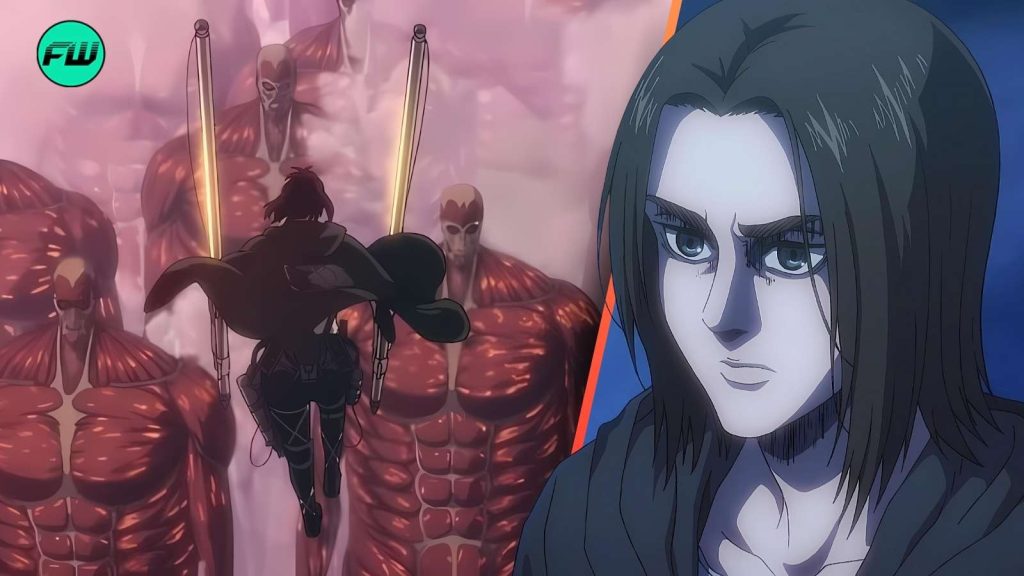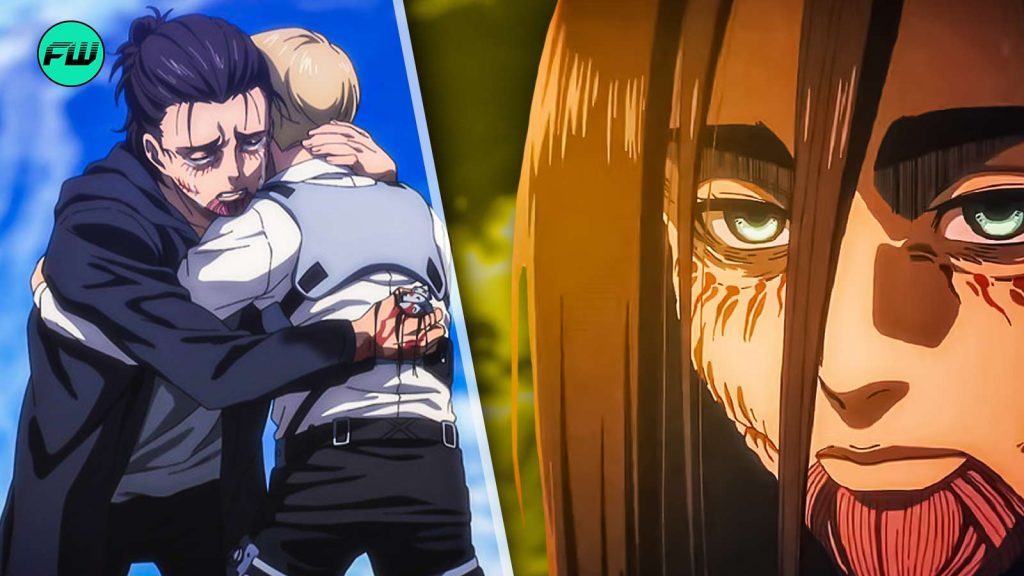With shows like Naruto, One Piece, and Bleach setting the groundwork for its broad appeal, anime has long been a beloved kind of entertainment. But even with its popularity, anime remained a bit of a niche market in the West, generally regarded as a genre mostly enjoyed by devoted fans. All of that changed with the premiere of Attack on Titan, a series that transformed the potential of anime while simultaneously making it accessible to a wider audience.
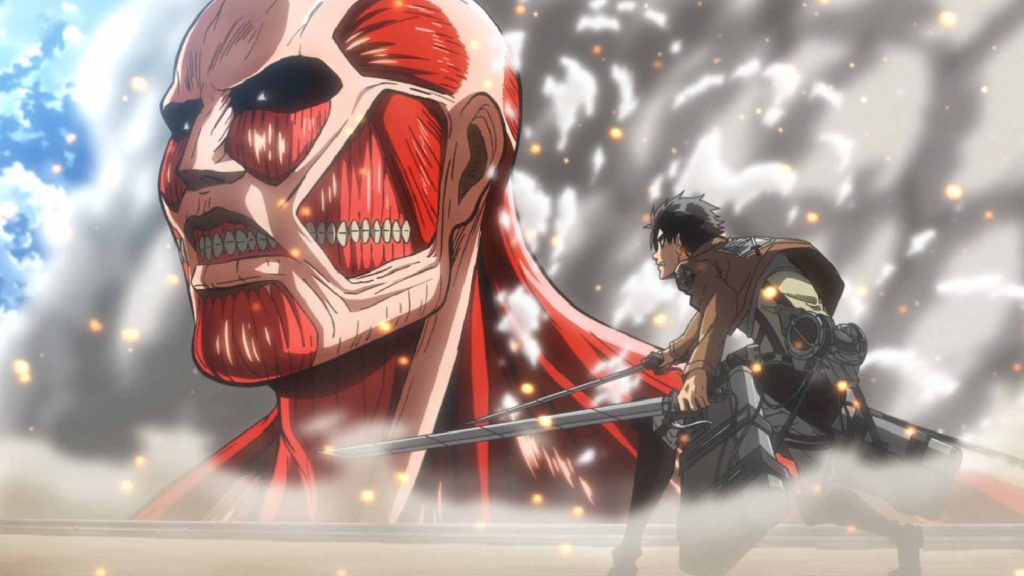
Created by Hajime Isayama, this series set a tone that was darker, more complex, and more morally ambiguous than many of its predecessors from the very first episode. While other Shonen anime explored the themes of friendship, perseverance, and adventure, Attack on Titan delved into the themes of horrors and complexities of human nature.
The Western Influences and Global Appeal of Attack on Titan
Attack on Titan captivated viewers from the start with its horrific portrayal of a world in which humans were in danger of going extinct, and constantly in danger from gigantic, man-eating Titans. The series didn’t hold back when displaying the cruelty of this world, even going as far as killing off its major characters. Similar to most episodes of Game of Thrones and Breaking Bad, this unpredictable writing left fans on the edge of their seats.
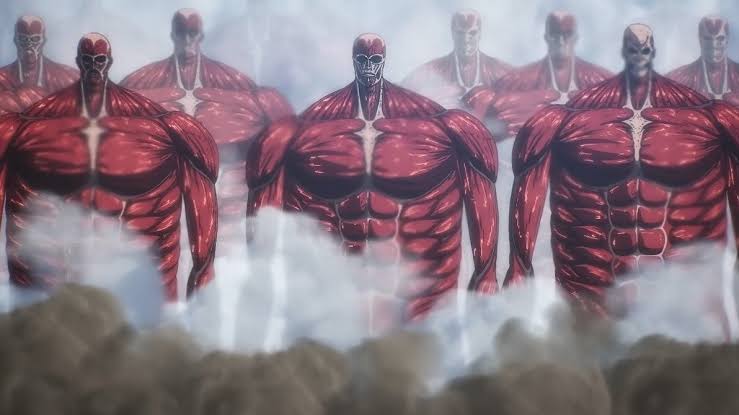
One of the factors that contributed to Attack on Titan’s success in the West was its distinctively Western coding. The series drew heavily on Germanic influences, from the names of its characters to the architectural and cultural details of its world. The militaristic society, the use of German-style weaponry, and the presence of a mysterious, oppressive power structure all gave the series a unique flavor that resonated with Western audiences.
However, Attack on Titan‘s appeal to Western audiences extended beyond these surface-level components. The show’s focus on subjects like freedom, oppression, and the human condition resonated with viewers who were accustomed to witnessing these topics covered in their preferred television series.
The tone, pace, and storyline structure of the series also closely aligned with the expectations of Western viewers for their favorite shows; programs that attempted to look into the most sinister sides of human nature while challenging them with difficult ethical choices.
A New Era of Anime with Attack on Titan
Despite the widespread success of Attack on Titan, many fans believe the climax of the series fell short, as they feel that it didn’t live up to the expectations set by the earlier parts of the story. But even so, Hajime Isayama achieved something that few other manga creators have managed to do, particularly with the ending.
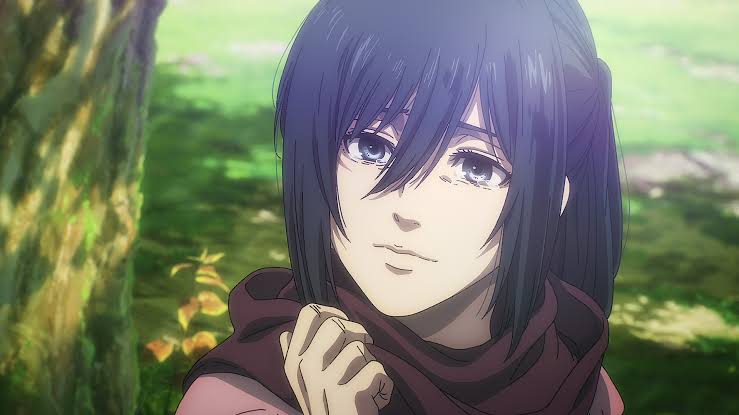
While Naruto and One Piece have both had long and successful runs, neither show has been able to have the same kind of impact on popular culture as Attack on Titan. Although many fans found the ending of Naruto to be satisfying, it was actually quite straightforward, with the plot concluding in a way that felt in line with the show’s themes and tone.
Similarly, the storyline of One Piece has mostly not changed from its early arcs, which is still in progress and centers on Luffy and his crew’s exploits in a world of pirates and treasure. In contrast, through Attack on Titan’s ending, Hajime Isayama challenged the viewers and left them with an ending that was open to interpretation.
As fans continue to debate the merits of Attack on Titan’s ending, there is no denying the impact the series has had on the anime industry and its global audience. In the end, Attack on Titan became the Breaking Bad or Game of Thrones moment that anime needed, proving that anime can be more than just a niche genre; it can be a cultural phenomenon that resonates with viewers around the world.
You can watch Attack on Titan on Crunchyroll as of 19th August, 2024.

